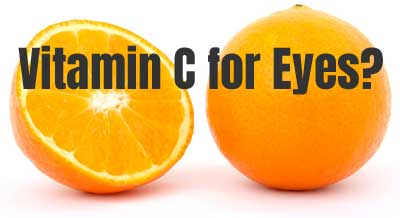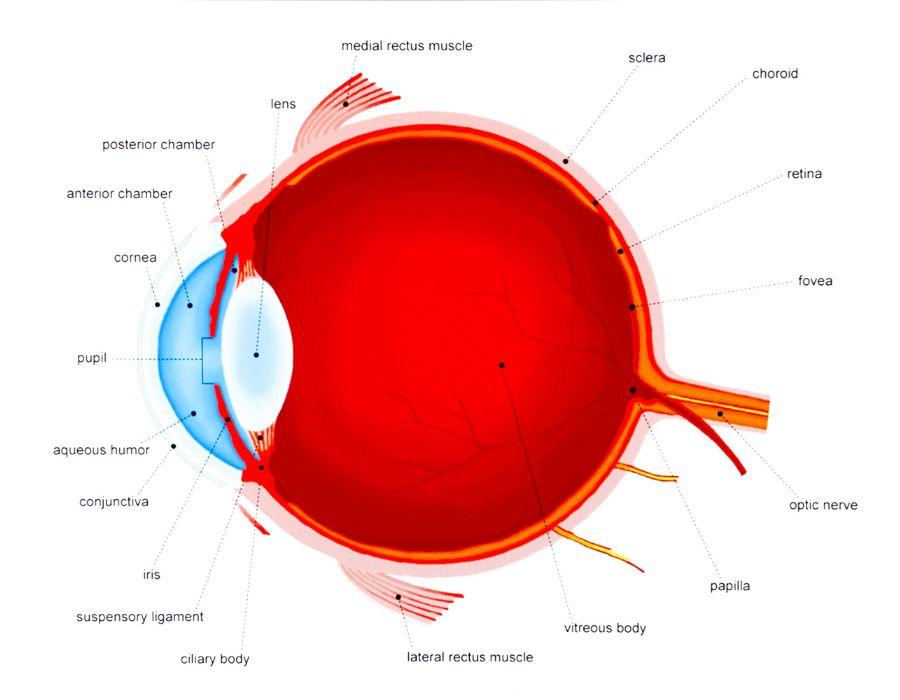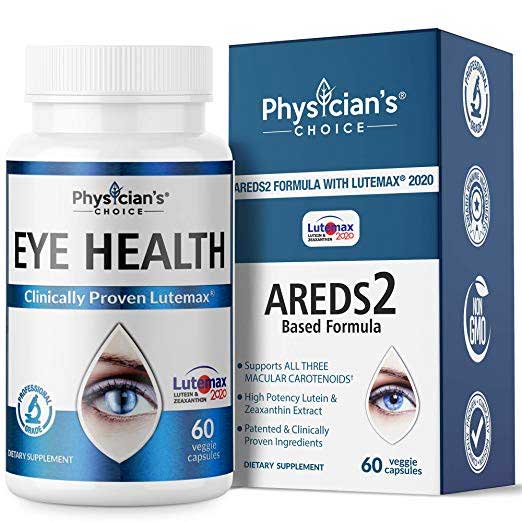While many factors contribute to optimal eye health, one often overlooked aspect is the role of vitamins. So, how important are vitamins for eye health? Let’s look at specific examples, recent trends, medical resources and how much eye health vitamins can actually help our vision.
What is the Role of Vitamins in Eye Health?
Vitamins help support and maintain healthy eyes. They provide essential nutrients that protect against various eye conditions and promote optimal vision. Here are some important health benefits
Vitamin A: This powerful antioxidant supports retina function. In other words, it helps the eye convert light into signals for the brain. Vitamin A deficiency can lead to night blindness and dry eyes.

Vitamin C: This popular vitamin can help boost the immune system, and consequently plays a vital role in eye health.
For example, vitamin C for eyesight helps protect against cataracts and age-related macular degeneration (AMD), a leading cause of vision loss.
Vitamin E: This nutrient protects the eyes against oxidative stress and cellular damage. As a result, vitamin E for eyes aids in reducing the risk of cataracts and AMD.
Vitamin D: Emerging research suggests that vitamin D may help protect against macular degeneration, diabetic retinopathy and dry eye syndrome. It’s essential to maintain adequate vitamin D levels for overall eye health.
Examples of Eye Health Vitamins & Resources:

1. Nutrient-Rich Foods: First, include vitamin A-rich foods like carrots, spinach and sweet potatoes in your diet. Second, eat strawberries, citrus and bell peppers which provide lots of vitamin C. In addition, incorporate almonds, sunflower seeds and avocados to boost your vitamin E intake.
2. Vitamin Supplements: If you struggle to meet your daily vitamin requirements through diet alone, consider high-quality supplements. To get the proper supplements and amounts for optimal health outcomes, talk to your doctor.
3. Protect Your Eyes: Shield your eyes from harmful UV rays by wearing sunglasses that provide 100% UV protection. When working on screens, practice the 20-20-20 rule: every 20 minutes, take a 20-second break to look at something 20 feet away. This helps reduce eye strain.
For further information and detailed guidance on eye health, visit the following authoritative websites and Which Vitamins to Take for Eyesight & Why:
- National Eye Institute (NEI): link
- American Optometric Association (AOA): link
- Mayo Clinic: link
- The Vitamin Cure for Eye Disease by Dr Robert G Smith Ph.D.
Recent Trends and Advancements:
The field of eye health continues to evolve, bringing forth exciting trends and advancements. Here are a few notable ones to keep an eye on:
1. Blue Light Protection: With the increase in digital device usage, protecting our eyes from harmful blue light has gained importance. Consider blue light-blocking glasses or screen protectors to minimize potential damage.
2. Nutraceutical Innovations: The development of nutraceuticals, which combine pharmaceuticals with nutrition, has shown promising results in supporting eye health. From lutein and zeaxanthin to omega-3 fatty acids, these innovative supplements are formulated to target specific eye conditions.
Q&A
Q: Can vitamins alone prevent all eye conditions?
A: While vitamins play a significant role in maintaining eye health, they are not a guarantee against all eye conditions. Regular eye exams, healthy lifestyle choices, and protective measures are equally essential.
Q: Are there any vitamins that can improve night vision?
A: Yes, vitamin A is crucial for optimal night vision specifically for its role in producing rhodopsin (a pigment). Rhodopsin helps your eyes adjust and enhances your vision when limited light is available.
Q: Are there any side effects of taking vitamin supplements for eye health?
A: When taken as directed, vitamin supplements for eye health are generally safe. However, first check with your doctor on proper dosage to minimize the risk of interactions with other medications.
Summary:
By recognizing the pivotal role vitamins play in maintaining eye health, we empower ourselves to take proactive steps toward preserving our vision. From vitamin A to D, these essential nutrients offer protection against various eye conditions, allowing us to appreciate the world around us with clarity.

By incorporating nutrient-rich foods, considering supplements when necessary, and adopting healthy habits, we can cultivate a lifetime of optimal eye health. Remember, a clear vision begins with nourishing our eyes from within and embracing a holistic approach to eye care.


